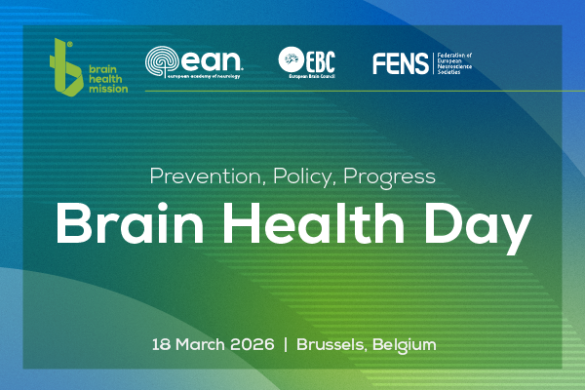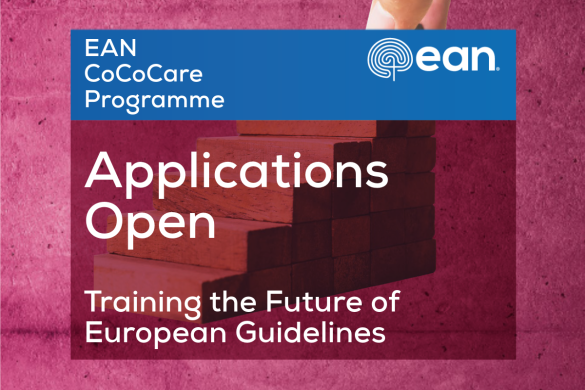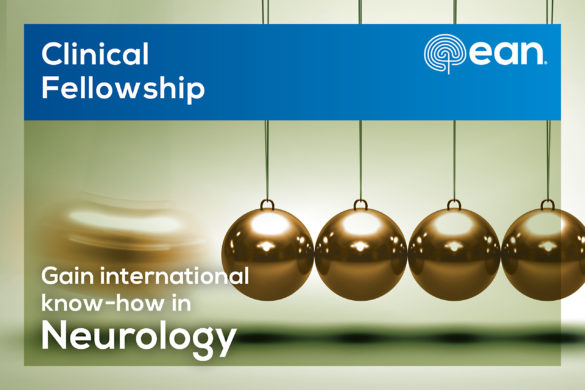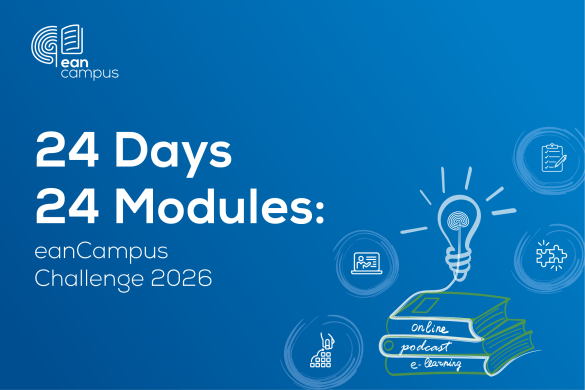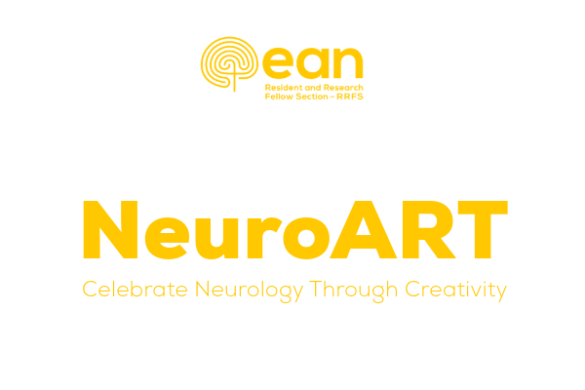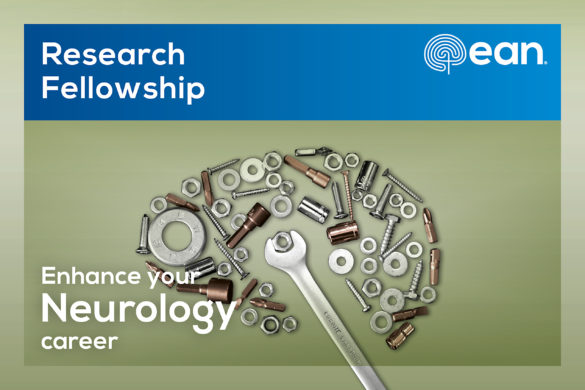1) Please tell us about your experience with the current COVID-19 pandemic in your hospital
When the severity of the covid-19 pandemic was realised because of the situation in North Italy, my hospital (a tertiary university hospital) took numerous steps to prepare and later adapt for the covid-19 pandemic. The main emergency department was relocated and a dedicated covid (infectious) emergency department was put in place. In the neurology department, several measures were taken, likely similar to many other places (including reducing outpatient contacts to the absolutely necessary minimum, using telephone consultations, dedicating general ward and neurointensive care beds for neurological patients suspected to have covid-19 infection, disallowing visits of relatives except for extraordinary cases, working in small teams that swap weekly, using masks throughout the day, etc.).
Of course the general mood has changed, and concerns for covid-related problems among staff, patients and relatives are a steady issue. However, I feel that within the smaller teams, we are working even closer (not physically) together than before, and the general team spirit remains very positive despite this overall difficult situation. Fortunately, Austria was not hit as hard by the covid-19 pandemic so far compared to other countries and we are currently able to continue to treat non-covid acute neurological patients (e.g. stroke) without significant disruptions.
2) What is the impact of the current Covid-19 pandemic on your neurological training?
Obviously, resident training has changed in the last months. As the number of neurophysiological exams (e.g. ENG, EMG, EEG, sonography) and outpatient contacts in most neurological sub-specialities has more or less drastically declined, training in these fields has suffered. I feel it is important that when the pandemic is (mostly) overcome, measures are taken that those important competences can still be learned in the same depth as usually to avoid long-term consequences of these “pauses” in training.
3) What are the three most important key learning points from your overall COVID experience?
I believe that the covid-19 pandemic showed us that we, as neurologists, are physicians first, and neurologists second. In other words, as neurology has increasingly developed into an acute care field, it is important that we are not only specialists in neurology, but also strive to build and keep expertise in fields adjacent to our core competences (e.g. cardiovascular medicine, general/internal medicine, emergency medicine). Naturally, we cannot be specialists in everything – but having on open mind and staying in close contact with neighbouring fields will allow us to care for our patients even better and apply our competences more broadly, especially in extraordinary circumstances such as the covid-19 pandemic. Of course, this extends to expertise in fields aside from traditional bedside medicine (e.g. public health, evidence-based medicine, communication, teaching)
Simon Fandler-Höfler, Austria







